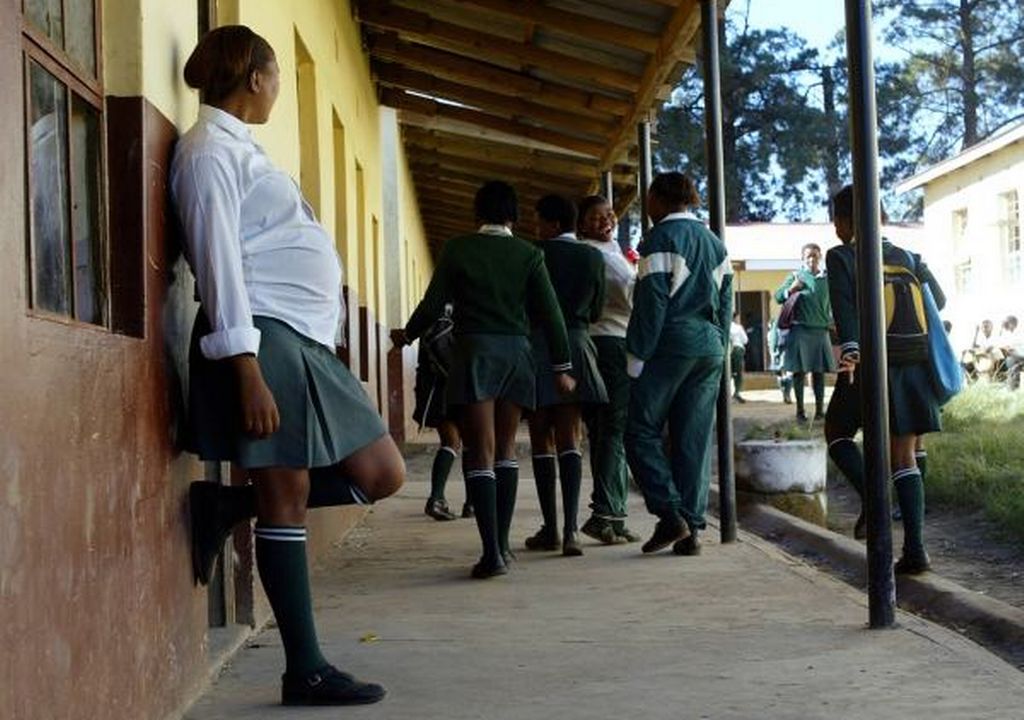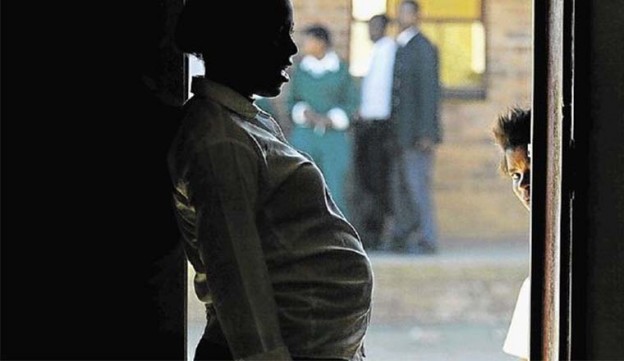The World Bank may reverse its hold on a US$500 million education loan to Tanzania despite the government’s policy of expelling pregnant schoolgirls. On January 28, 2020, the World Bank Board of Executive Directors will vote on the loan to fund Tanzania’s secondary education strategy.
“The World Bank understands that providing girls with safe, quality secondary education is crucial for Tanzania’s future, but this shouldn’t come at the expense of pregnant girls,” said Zama Neff, children’s rights director at Human Rights Watch. “The World Bank should use its leverage from the loan until Tanzania lifts its cruel ban on pregnant girls attending school and reaffirms their right to study in formal primary and lower-secondary schools.”
Tanzanian schools routinely force girls to undergo intrusive pregnancy tests and permanently expel those who are pregnant. In 2017, the discriminatory ban affected an estimated 5,500 pregnant students, although previous estimates indicate that close to 8,000 students were forced to drop out of school. In some instances, the authorities have arrested schoolgirls for becoming pregnant. President John Magufuli has vigorously supported the ban and vowed to uphold it throughout his term.
In November 2018, the World Bank withheld a $300 million loan for secondary education in Tanzania in part because of the government’s mistreatment of pregnant girls. It was the only development partner to express these concerns publicly. In response, the government agreed to tackle discrimination against girls, reform provisions of its Statistics Act that made it a crime to publish statistics without the approval of the National Bureau of Statistics and curtail government officials’ incitement of violence against Tanzania’s lesbian, gay, bisexual, and transgender (LGBT) population.
Hafez Ghanem, the World Bank’s vice president for Africa, was quoted then as saying: “Girls’ education is central to development, we are a development institution, we cannot accept that some girls be denied education. If we accept that, we won’t be doing development.”
The World Bank loan would provide funds for the Secondary Education Quality Improvement Program (SEQUIP), which aims to expand girls’ access to secondary schooling by building more classrooms, improving the quality of textbooks and teaching, tackling gender-based violence within schools and during the journey to school, and promoting a gender-sensitive school environment. Despite its pledge, the government failed to lift its ban on pregnant students and adolescent mothers. SEQUIP will only allow them to study in so-called “alternative education pathways,” or parallel education centres. Unlike formal lower secondary schools, these will not be tuition-free.

Tanzanian non-governmental organizations have written to the World Bank’s Board of Executive Directors expressing their concerns with the creation of this alternative education system, and the World Bank’s endorsement of this program.
In June, the Center for Reproductive Rights and the Legal and Human Rights Centre filed a complaint against Tanzania before the African Committee of Experts on the Rights and Welfare of the Child, challenging the expulsion of pregnant girls from government schools. Many other African countries have adopted policies to ensure that pregnant girls and adolescent mothers can continue their formal education.
Since 2015, Tanzania has intensified its repression of the media, human rights defenders, and opposition parties. The government has severely restricted the activities of non-governmental organizations, including those protesting the treatment of pregnant girls and young mothers by threatening to remove their nongovernmental status.
“Countries throughout Africa increasingly recognize that pregnant girls and young mothers have the right to primary and secondary education, and Tanzania’s government should too,” Neff said. “The World Bank and other donors should not agree to half-baked measures like parallel education options that maintain a discriminatory status quo.”

